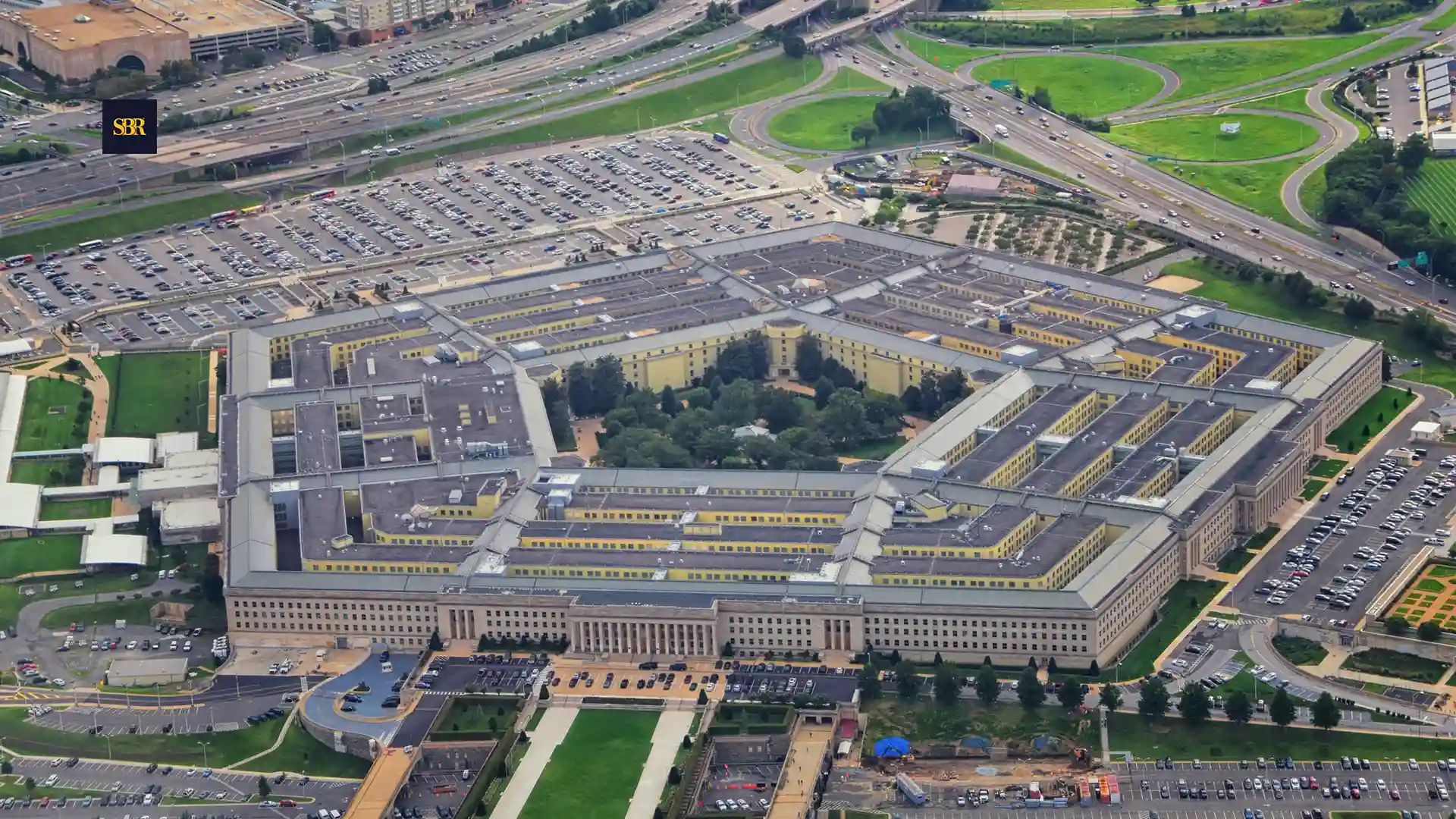WASHINGTON, D.C., Sep. 1, 2025 — From working independently developing new commercial models, SpaceTech startups in the US have of late evolved and made a mark, winning major defense contracts.
SpaceTech startups in the country have been making headlines for some of their incredible innovations that have not just attracted commercial space sector companies but earned them business from the government’s defense budgets as well.
Tagged as Nvidia of the space sector, Anduril was established in 2017 in California and has now become a major player in US defense contracts.
Anduril offers a huge scope as it holds almost a majority of the market share in critical areas of software-driven autonomous border surveillance, AI-powered command and control systems, and unmanned underwater vehicles.
Earlier this year, Anduril collaborated with tech giant Meta to deliver a project for the US Military, while last week it launched an Autonomous Underwater Vehicle (AUV) production facility in Rhode Island.
Another player in the SpaceTech sector that has caused curiosity in the industry is Spire Global. The company’s CEO, Theresa Condor, told Bloomberg that the company uses its infrastructure to collect datasets and sell those datasets multiple times to leverage the Capex and its infrastructure, which helps the company to grow its revenue.
“It is a business model that is very different from what you would expect from companies in the defense sector,” Theresa told Bloomberg.
Notably, Anduril offers a range of AI and ML-driven defense platforms, including AI-enabled drones, counter-drone warfare solutions, AI-enabled command and control software, Autonomous Air Vehicles, Autonomous Underwater Vehicles, and rocket motors.
Which Major Defense Contracts Have Companies Won?
As per Theresa, Spire Global sends satellites, which are no more than the size of a loaf of bread, into space to track atmospheric data to help drive data-driven decisions.
The company has contracts with the Canadian Space Agency and has secured a 10-year contract with the US Space Force last month.
In May this year, Rocket Lab spent $275 million to acquire a payload supplier for Geost spacecraft. This deal makes Rocket Lab capable of having a reliable supply of electronic circuits if the SpaceTech company plans to implement a large project.
Notably, Rocket Lab CEO Peter Beck told TechCrunch that the company has major plans in the pipeline, which include maintaining the momentum of buying manufacturing facilities it needs to become a major universal provider of space services.
Rocket Lab has already won some major defense contracts, including a $515 million, 18-satellite build contract to support the Space Development Agency’s constellation of missile-tracking satellites.
The company has moved into production on those satellites following confirmation that they meet the DOD’s mission requirements, Rocket Lab said.
Important Perspectives of SpaceTech You Should Know
Embracing SpaceTech: In April last year, the Defense Department announced its maiden strategy to lead an integration of commercial space technologies into its national security architecture.
The policy-level decision was an indicator of the Pentagon’s intent to take advantage of private space sector investments rather than rely solely on custom-built government systems.
“We need to integrate commercial tools not just in peacetime but also in conflict,” said Assistant Secretary of Defense John Plumb.
Software-Driven Approach: Defense startup Anduril has time and again stated its mission statement as “transforming defense capabilities with advanced technology.”
As per media reports, the defense startup’s revenue skyrocketed from a modest $60 million in 2020 to an impressive $1 billion in 2024, increasing more than 16 times in just four years. Similarly, its valuation rose from $8.5 billion in 2022 to $30.5 billion in 2025.
Anduril attributes its grand success to its software-driven approach, which, as per the company, is in stark contrast to the approach of legacy defense firms, focusing more on hardware development.
Unmanned Aerial Systems: The unmanned aerial systems have been at the forefront of defense and commercial expansion. Prevailing geopolitical unrest has contributed majorly to the current and projected focus of defense spending.
The biggest beneficiary has been the unmanned systems (aka drone) market. A year ago, some estimates valued the 2023 global military drone market as high as $20.21 billion.
The pace for unmanned systems will likely remain in focus in 2025. The fiscal 2025 DoD budget request allocates a portion of the $61.2 billion for air power to unmanned aircraft systems like the MQ-4 Triton and the MQ-25 Stingray.
It is a business model that is very different from what you would expect from companies in the defense sector.
Inputs from Saqib Malik
Editing by David Ryder

















